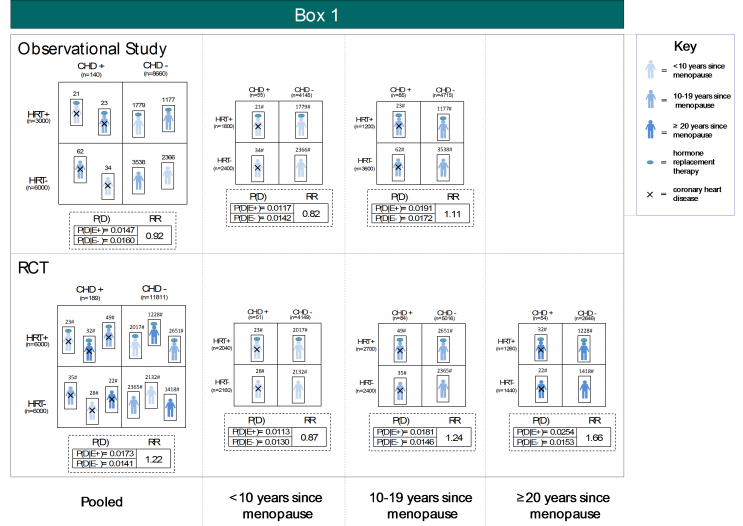The Ineluctable Role of Lifecourse Context, Revisited.
 In several previous Dean’s Notes, I have commented that context, or the conditions that shape how we live, is inextricably linked to our collective health. There are well-established theoretical arguments that aim to make this point, and interesting empirical work putting the theory in practice across a range of areas of scholarship. I keep coming back to this point because it seems to me central to our enterprise. If context is an ineluctable component of the causal architecture of population health, then it must be a core focus for those of us concerned with promoting the health of populations.
In several previous Dean’s Notes, I have commented that context, or the conditions that shape how we live, is inextricably linked to our collective health. There are well-established theoretical arguments that aim to make this point, and interesting empirical work putting the theory in practice across a range of areas of scholarship. I keep coming back to this point because it seems to me central to our enterprise. If context is an ineluctable component of the causal architecture of population health, then it must be a core focus for those of us concerned with promoting the health of populations.
部
I illustrate this point using two well-known examples of observational-experimental findings discrepancy.
Hormone Replacement Therapy and Coronary Heart Disease
Sc
Therefore, the factor that was unaccounted for—the feature of context that explained the difference between the observational and experimental study—was time, in this case time since menopause of women in these studies. This reflects how differences in the lifecourse context of the study participants ultimately accounted for substantial inter-study differences, and challenges our understanding of the drivers of population health.
Vitamin C and Coronary Heart Disease
在
In Sum
Wh
I hope everyone has a terrific week. Until next week.
Warm regards,
Sandro
Sandro Galea, MD, DrPH
Dean and Professor, Boston University School of Public Health
Twitter: @sandrogalea
Acknowledgement: This Dean’s Note is based on work being conducted together with Gregory Cohen, MSW, and presented jointly at scientific meetings.
Previous Dean’s Notes are archived at: /sph/category/news/deans-notes/

